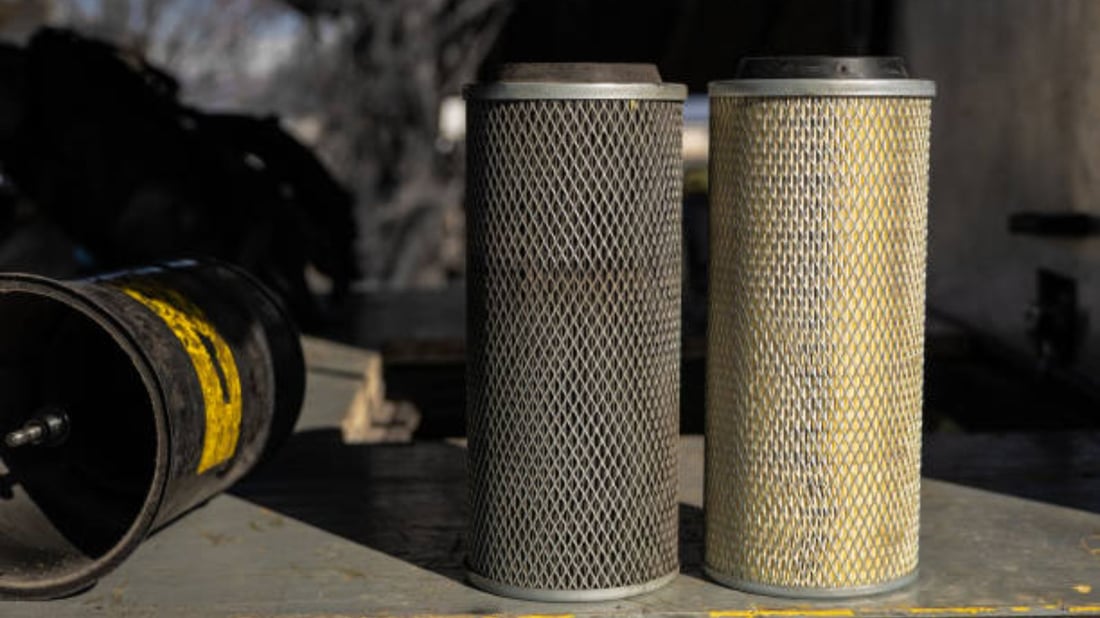The Role of suction filters in Ensuring Uninterrupted Operation of Machinery
When it comes to mechanical operations, ensuring that there is a proper flow of fluids through various parts is of utmost importance. Whether it be hydraulic or lubrication systems, maintaining cleanliness and avoiding any form of contaminations is vital for smooth operations. This is where suction filters come in handy.
What Is a Suction Filter?
A suction filter is a device installed in a fluid circuit to remove any contaminants and clear the fluid of any impurities before it enters the system. The filter slows down the flow rate of the fluid, allowing particles to settle and caught in the filter media for later extraction. By removing any debris, a suction filter serves to prevent the fluid from blocking any pipes, valves, or other intricate mechanical parts, as well as reduce wear and tear on the system over time.
Why Use a Suction Filter?
Using a suction filter ensures that the quality and efficiency of fluids in the hydraulic or lubrication system are excellent and stays that way. By removing any form of contaminant, a suction filter ensures that the fluid doesn't lose its heat transfer capacity, maintaining lubrication properties, and avoiding any damage or clogs that can lead to significant breakdowns or malfunctioning.
Suction Filter Maintenance
Getting optimal performance from your suction filter requires proper maintenance. Irrespective of the service interval recommended by the manufacturer, it is essential to examine the filter regularly. A clogged filter causes pressure drops, leading to a decline in system efficiency and lower productivity. Regular inspection and cleaning are, therefore necessary to ensure that the suction filter operates at peak efficiency.
Types of Suction Filters
There are various types of suction filters available in the market that are tailored to different machines and hydraulic systems. Some of the conventional suction filters in use include in-tank filters, off-line filters, and self-cleaning filters. An ideal suction filter should match the requirements and configuration of the system as recommended by the manufacturer.
Advantages of Suction Filters
The advantages of using suction filters extend beyond just maintaining hydraulic or lubrication systems. An efficient filter helps to prolong the life of mechanical components and avoid costly repairs that come with downtime. A clogged system filter can lead to irreversible damage, which requires costly repairs or even render the equipment unusable. By using suction filters, reducing system wear and energy consumption, you not only extend the life of the equipment but also save money in the long run.
Common Uses of Suction Filters
Suction filters have a wide range of applications in heavy industry, mining, construction, and oil and gas extraction. Specifically, suction filters serve as critical components in engines, pumps, compressors, and turbines, among other machines that require efficient fluid flow to achieve optimal performance.
Where to Buy Quality Suction Filters?
If you are looking to buy a suction filter, it is important to consult with certified dealers who provide genuine filters that meet industry standards. There are many options to choose from that can cater to a variety of budgets and hydraulic equipment. No matter the brand or type, it is essential to choose a suction filter that meets your needs and operates according to your machine's requirement.
Suction Filters: The Bottom Line
Suction filters are integral components of various hydraulic and lubrication systems. By keeping the system free from impurities and preventing clogs, suction filters can help keep machines running smoothly and efficiently. Regularly cleaning and maintaining your suction filter can prolong the life of the equipment and prevent costly repairs. Always choose suction filters that suit the needs and configuration of your system.

